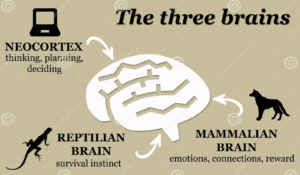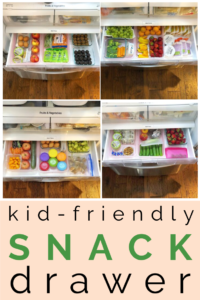 Dear Director,
Dear Director,
We adopted our now 9-year-old daughter when she was 5-years-old. She came to us from a neglectful home with 2 parents who unfortunately were addicted to drugs. We have such compassion for her biological parents and a true understanding of the trauma she endured.
That being said, her behavior with food is confusing to us. Our daughter eats so fast, eats too much, and then sneaks and hoards food whenever she can. We continually reassure her that we will always make sure she has enough food. We have been doing this for the past 4 years and nothing seems to stick. We recently had to lock up all the cabinets and even the refrigerator due to her continually sneaking more food.
Can you help us?
Very Truly Yours, Caring and Confused
Dear Caring and Confused,
The brain is a strange organ. It forgets some things quickly and remembers others for extended periods of time. Many memories are related to our senses, like the smell of your now deceased Grandma’s perfume or the sound of the music box on your favorite teacher’s desk. The brain especially holds onto trauma from a time when it could not talk about it or make sense of it. This is especially true when the Amygdala, or “lizard brain” was deprived of things it needs, basic needs, like food. Those memories are stuck in there deep. They are primeval, they are scary and they are hard to change, food being the first thing we realize we need without it being automatic (like breathing and peeing).
time. Many memories are related to our senses, like the smell of your now deceased Grandma’s perfume or the sound of the music box on your favorite teacher’s desk. The brain especially holds onto trauma from a time when it could not talk about it or make sense of it. This is especially true when the Amygdala, or “lizard brain” was deprived of things it needs, basic needs, like food. Those memories are stuck in there deep. They are primeval, they are scary and they are hard to change, food being the first thing we realize we need without it being automatic (like breathing and peeing).
It is also hard because food is one of the first external ways we show a child that we care about them. When you love someone or something, you feed it. And when we don’t feed a child, the child still needs food, so their brains take on the huge task of finding it themselves. And this is the part that is so very hard to turn off, this belief that in spite of all that your daughter has lived in the past five years, her brain still insists that you will not, at some point in time, feed her, and so she has to take care of herself.
The challenge is to prove this belief wrong-and not to all the brain, not the rational part-but to this Amygdala; that is the first part of the brain that functions. So telling a child to slow down their eating will not help-that is rational. Reminding her with words that there will be more food-that will not help. It is also rational. And locking up the cupboards and refrigerator, sad to say, only reinforces her brain’s belief that you will not feed her.
 So have you tried these things? See if these will teach the Amygdala that there will be food today and later and tomorrow and on and on:
So have you tried these things? See if these will teach the Amygdala that there will be food today and later and tomorrow and on and on:
1.) Give her meals that require slow eating, like lots of fruits and vegetables, soups, complex carbohydrates, so that she has to slow down as she goes through her meals.
2.) Talk during meals, play word games, so that she has other things to do with her brain beside try to eat as much as possible before it disappears. No television, no phones, no adults being distracted. Interact and slow things down.
3.) Give her a basket or a shelf or a drawer in the refrigerator-or all these things-filled with things that are healthy and filling that she can eat at any time. Remind her during meals that if she gets hungry later she can have a snack. Again, fresh things; trail mix, granola bars, not chips or cookies-things that are filling and fulfilling.
4.) Better yet, teach her to eat like a Hobbit, you know, first breakfast, second breakfast, elevenzies. Have her eat meals and have regular snacks closer together than you think is necessary.
5.) Work with her and her therapist (she does have a good therapist, right?) to learn how to identify real hunger. Help her learn what her tummy is telling her. Help her learn what those grumbling noises are-the ones before you poop-and how they are not the same as being hungry.
6.) Then help her find other ways to feel full that don’t require food. Food is often turned to because we cannot manage boredom, or solitude, or anxiety. Eating helps us feel calmer. So, help her find other things to do when she comes asking for a snack, like play a game with you or read or run around the yard. Or just breath with you.
7.) And don’t worry if she gains weight, just up her exercise while she learns how to better regulate her eating. Don’t argue about that, let her learn to eat right. And join her in her activity, so that you are working on this together.
Good luck.





